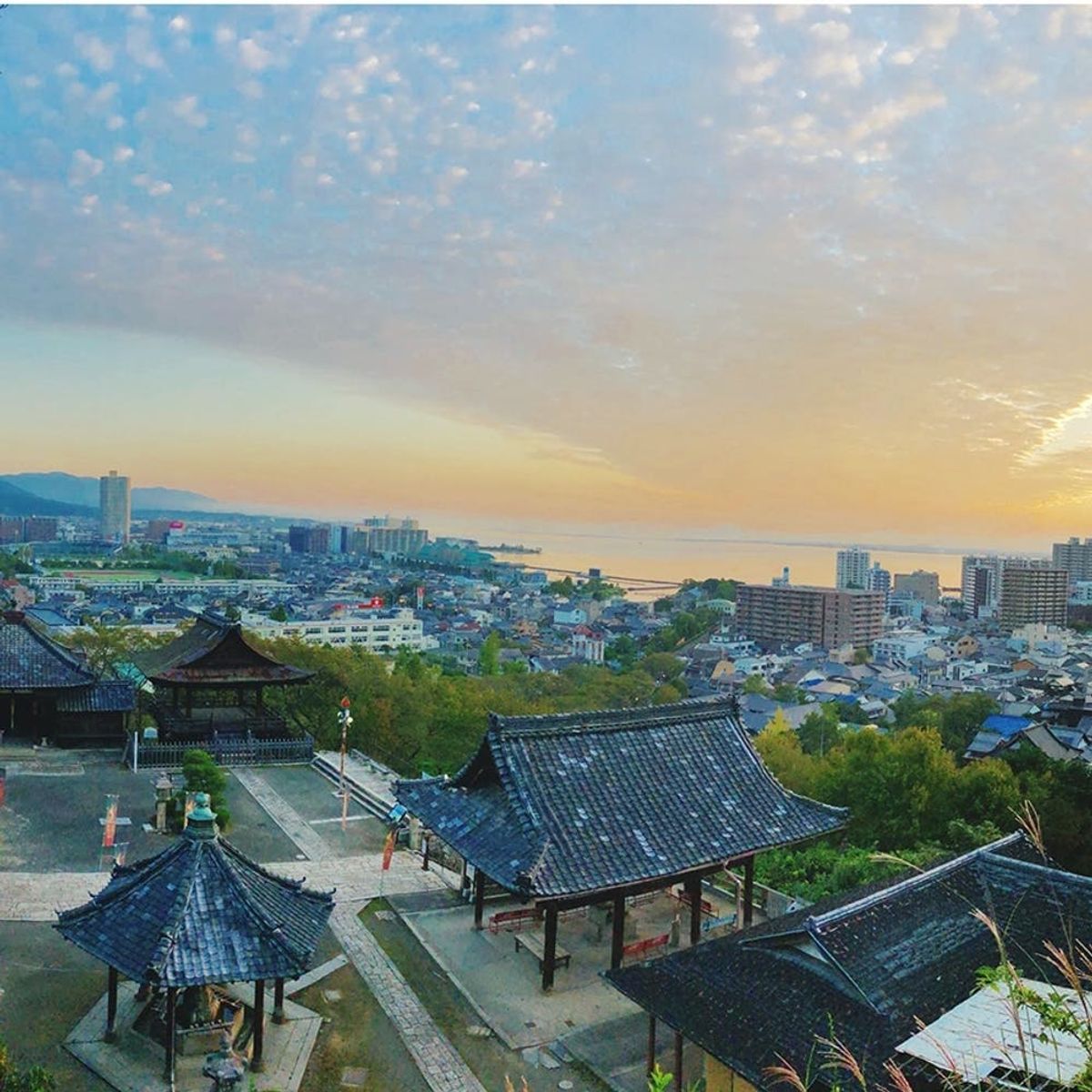Get off the beaten path.
Beyond Tokyo: 5 Incredibly Chill Destinations to Add to Your Japan Travel Itinerary

It’s next to impossible to visit Japan without seeing its neon-lit capital, Tokyo. But the crowds, the noise, and the sheer size of the city are likely to inspire travelers to seek a bit of zen away from the (admittedly fun) madness. Once you’re done maxing out your credit card in Ginza, getting your fill of ‘90s vintage steals in Shimokitazawa, and singing your heart out at one of Tokyo’s countless karaoke clubs, hop a train (Japan’s rail system is ah-mazingly efficient and simple to navigate) and check out some of the country’s lesser-known but equally incredible locales. Here are five places we visited on G Adventures’ Backroads of Japan tour.
Nagano

Tokyo might be welcoming the 2020 Summer Olympics, but Nagano beat ’em to it, hosting the Winter Games in 1998. Since then, this sleepy little mountain town has returned to its pre-Olympics (read: chill) pace. Start exploring the city at the Buddhist Zenkō-ji temple — it sits at the top of an avenue lined with shops selling locally made Japanese products like hand-printed silk scarves, all-natural body products, and pottery. Apples are a signature crop in Nagano thanks to the town’s high elevation, so keep an eye out for apple-infused desserts like the fish-shaped, apple-and-custard-filled taiyaki pastries, made to order and served hot off the grill. A half-day trip north of the city to the Jigokudani nature reserve, home to hot spring-bathing snow monkeys, is also a highlight.
Ōtsu

When the Japanese relax, they head to onsens — large saltwater baths with seriously zen vibes. Ōtsu, the capital of Shiga Prefecture, sits on Lake Biwa and is famous for its hot spring-fed baths. (They’re completely separate from the ones the monkeys use in Nagano, we promise.) Often attached to resorts or inns called ryokans, guests can wander around all day in slippers and casual kimono-style robes called yukata before stripping down to their birthday suits in order to enjoy the baths. If public nudity isn’t your thing — or if you happen to have tattoos, a no-no at onsens — private bookings are available for a little extra cash. While you’re in Ōtsu, try a kaiseki dinner. The traditional meal is made up of many small courses each presented like a tiny, edible work of art. (Photo via Getty)
Hagi

Steeped in history, Hagi is home to a unique ceramics scene and five designated UNESCO World Heritage sites, the most beautiful of which is the tiny city’s old Castle Town. Have your selfie stick on hand as you wander narrow streets lined with canals filled with some of the biggest koi fish you’ll ever see. This traditional Japanese neighborhood was once home to samurais who, after losing their jobs when feudalism was abolished in Japan, took to planting huge numbers of orange trees that still produce fruit today. Homestays are something every traveler should try at least once for a unique and deeper understanding of what life is like for locals. If homestays are new to you, the Hagi Homestay Association and Planeterra allow travelers to try the experience for one night as part of a larger tour — an ideal, low-commitment way to test out a new kind of travel. (Photo via Getty)
Tottori

The seaside town of Tottori, located on Honshu’s northwest coast just a few hours’ train ride from Kyoto, is known for one of the country’s most stunning natural elements. Don’t let the name “Tottori Sand Dunes” mislead you: This natural wonder is way more like a mini-desert covering nearly 20 square miles of dramatic landscape along the shore of the Sea of Japan. A hike through the park will take you past wind-formed sand cliffs that drop 147 feet to the water below. Adventurers can rent sandboards or fat-tired mountain bikes while Zen-seeking travelers can book sunrise yoga classes in the summer months. The best way to see the dunes, though, is to walk them, camera in hand, taking in their peaks and valleys and feeling like you’re on another planet as you go.
Kyoto

If Tokyo is Japan’s capital of cool, Kyoto is its capital of calm. While still a sizable and densely populated city, things move more slowly here and surprising pockets of stillness, artisanship, and natural beauty are around every corner. Must-see sights include the otherworldly Arashiyama bamboo forest (go very early in the morning to have the whole park, including its bird’s-eye views of the river, all to yourself), the iconic orange gates of the Fushimi Inari Shrine (hundreds of them line the park), and Nishiki Market, a street food paradise where you can get what is arguably the best bowl of ramen in Japan.
RELATED: Here’s Why Israel Is a Dream Destination for Wellness Lovers
(Photos via author unless otherwise noted)
Brit + Co may at times use affiliate links to promote products sold by others, but always offers genuine editorial recommendations.



















